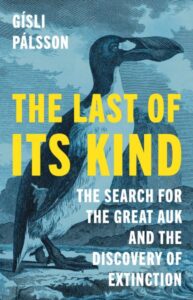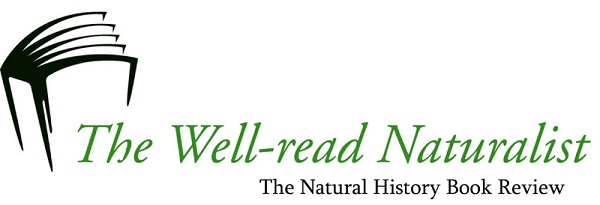 It never ceases to astonish me whenever I’m reminded of it what seemingly unlimited capacity we humans posses for wreaking destruction upon our fellow creatures who inhabit this planet. In the geologically short span of a million years, we have gone from being just another bunch of primates struggling to survive on the African savanna to over-running the Earth in unsustainable numbers and laying waste to any animal, vegetable, or mineral within our reach in order to satisfy our own desires. We have become a veritable plague upon the land. Mark my words: when the human race is finally extinguished from the planet – likely as the result of our own actions – the only creatures who will possibly miss us will be our dogs.
It never ceases to astonish me whenever I’m reminded of it what seemingly unlimited capacity we humans posses for wreaking destruction upon our fellow creatures who inhabit this planet. In the geologically short span of a million years, we have gone from being just another bunch of primates struggling to survive on the African savanna to over-running the Earth in unsustainable numbers and laying waste to any animal, vegetable, or mineral within our reach in order to satisfy our own desires. We have become a veritable plague upon the land. Mark my words: when the human race is finally extinguished from the planet – likely as the result of our own actions – the only creatures who will possibly miss us will be our dogs.
Why the dour tone? My apologies, but I’m often moved to ranting whenever I’m presented with a reminder of one of the many extinctions our species has committed. This present rant was inspired by a new book from Princeton University Press: Prof. Gísli Pálsson’s The Last of Its Kind: The Search for the Great Auk and the Discovery of Extinction. Originally written and published in Icelandic with the title Fuglinn sem gat ekki flogið, this new greatly revised and expand edition was translated by Anna Yates, and presents a gripping narrative history of the the extinction of the Great Auk, taking as its focus the journey and discoveries of British ornithologists John Wolley and Alfred Newton who “set out for Iceland to collect specimens only to discover that the great auks were already gone.”
From Wolley’s and Newton’s work, it was determined that the last of the Great Auks were killed in the North Atlantic in 1844, however as Prof. Pálsson explains in the book, how and when these iconic birds died wasn’t the only discovery; they also brought to light the fact that human beings can cause the extinction of other species – something not at that time understood, and in fact an idea that was widely discounted due to its largely at that time theological implications.
Whether your interest is in birds, wildlife conservation, evolution and extinction, this is indeed a book to add to your reading list, but be warned – you may find yourself, in addition to being much better informed about its subject, ranting as well before you finish reading it.
